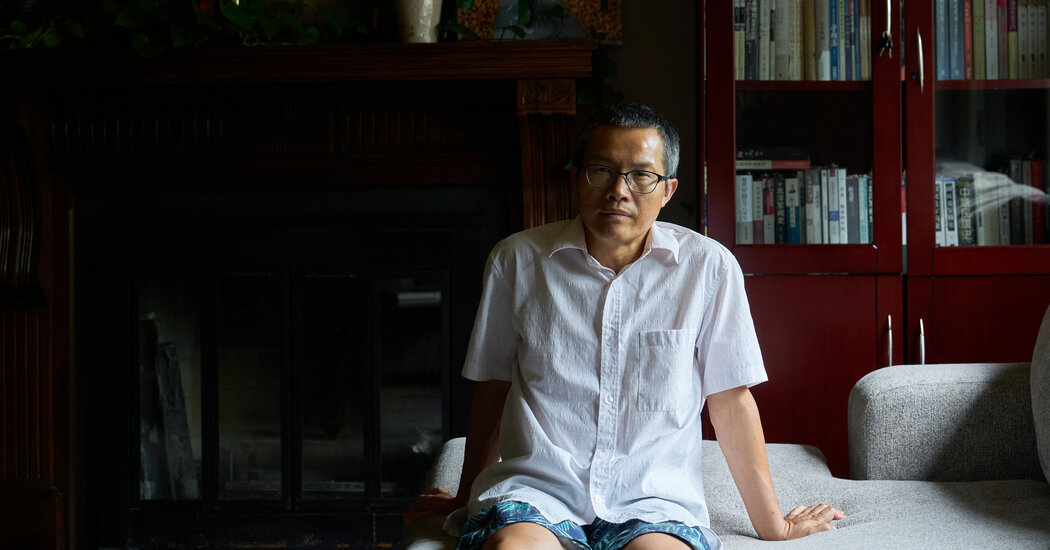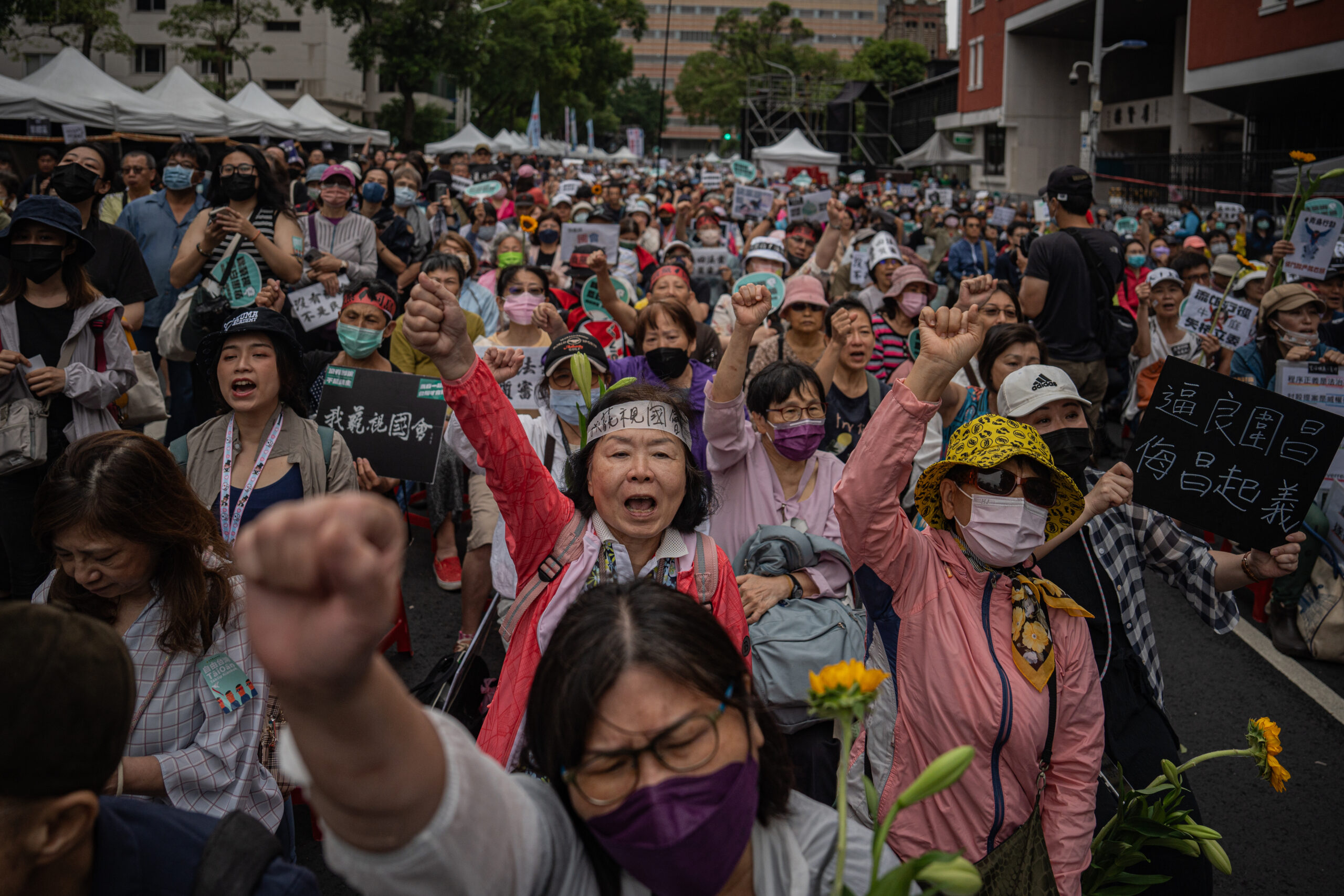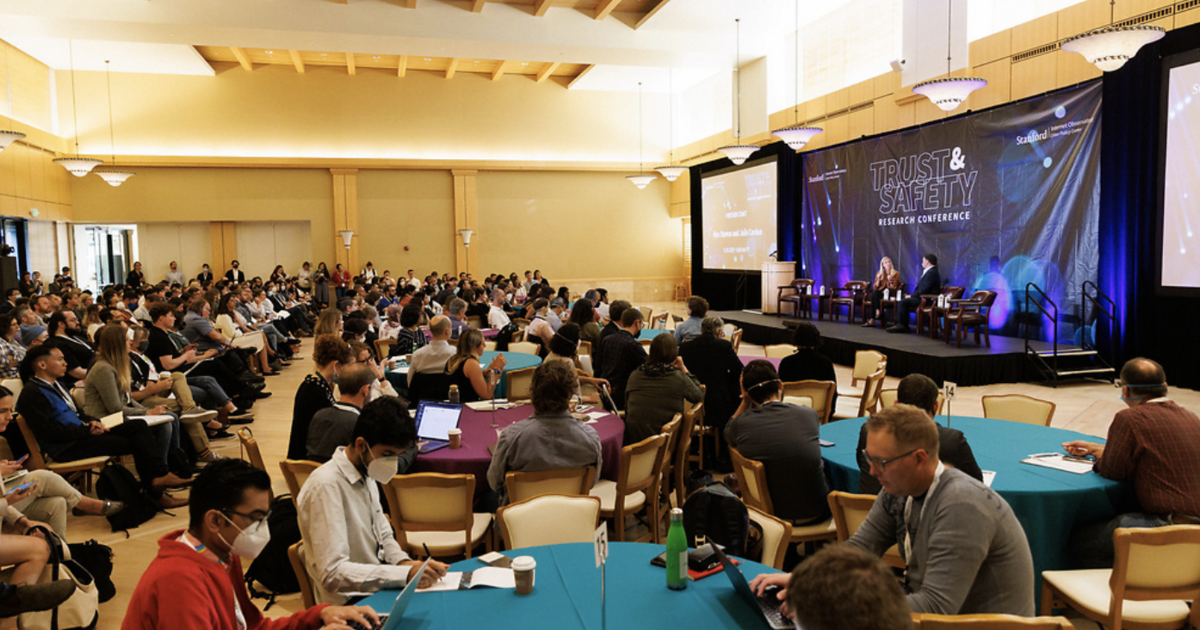- 242 Posts
- 75 Comments

 26·3 days ago
26·3 days agoAnd the next whataboutism! What a waste of time.

 10·3 days ago
10·3 days agoYeah, these are the ‘tankies’ who got banned on Reddit, right? I guess it takes time until they get a minority, but it’s good that the community grows steadily.

 36·3 days ago
36·3 days agoOne thing that’s obvious here on Lemmy is that whataboutism works only in one direction. If an article is critical of China, Russia, Iran, or other dictatorships, you’d read, “But about U.S./EU/the West”. But there are tons of articles here critical of Western countries, and it’s accepted. Why is this? Just wumaos?

 6·11 days ago
6·11 days agoThe real change in retail pricing might be discrimination pricing (or ‘surveillance pricing’ as it is now called sometimes). Simply speaking, it uses personal data to personalize prices not just for each customer, but also for each customer depending on actual circumstances such as day time, weather, an individual’s pay day, and other data, collected through apps, loyalty cards, …
As one article says, there is One Person One Price:
"If I literally tell you, the price of a six-pack is $1.99, and then I tell someone else the price of a six-pack for them is $3.99, this would be deemed very unfair if there was too much transparency on it,” [University of Chicago economists Jean-Pierre] Dubé said. “But if instead I say, the price of a six-pack is $3.99 for everyone, and that’s fair. But then I give you a coupon for $2 off [through your app] but I don’t give the coupon to the other person, somehow that’s not as unfair as if I just targeted a different price.”
The linked article is a very long read but worth everyone’s time. Very insightful.

 12·14 days ago
12·14 days agoI am thinking the same. Must be some sort of Streisand effect :-)

 0·1 month ago
0·1 month agoI doesn’t seem so given Israeli officials’ statements. But it will have a long-term political impact if Israel ignores that imho. It could lead to a higher degree of ‘diplomatic isolation’ for Israel and its allies for a long time. That’s just my opinion. And there’re arrest warrants, too.

 0·1 month ago
0·1 month agoWith the announcement by Norway and Ireland that they have recognised Palestine as an independent state, and Spain expected to follow suit by the end of May, it appears that international momentum for a two-state solution to the Israeli-Palestinian conflict is growing.
The concept has long been supported by the US and its allies, as well as most Arab states and the United Nations […] Could things be different under different leadership? To answer this, we need to know whether the Israeli and Palestinian people could be persuaded to accept such a plan. Here it’s worth taking a look at what polling tells us.

 11·2 months ago
11·2 months agoThey have to stop the use of forced labour in China, the U.S. and wherever this bs happens. This “U.S. bad, China bad okay” stance is unbearable.

 14·2 months ago
14·2 months agoThis is related, particularly as the discussion is to a large part around cheap cars:
China: Carmakers Implicated in Uyghur Forced Labor - (February 2024)
China’s electric vehicle battery supply chain shows signs of forced labor, report says - (June 2023)

 0·2 months ago
0·2 months agoHere’s an alternative link: https://www.eurasiareview.com/02052024-gazans-face-new-terror-threat-from-booby-trapped-cans-of-food
BUT: It seems that the UN deleted the article.
When looking for an alternative link, I found also this: https://www.politifact.com/factchecks/2024/feb/01/instagram-posts/no-viral-footage-doesnt-show-explosives-disguised
Social media posts claim footage from Gaza shows explosives disguised as food cans, but there are no visible labels or pictures on the metal cylinders to suggest they contain food.
Experts on military strategy and the Middle East said the metal cylinders seen in photos and videos online are likely containers for M603 fuzes, which are designed to detonate landmines. Footage shows one of the cans is labeled “fuze mine.”
The fuzes are not designed to explode if a person opens the container. It requires 140 to 750 pounds of force to ignite the fuze and trigger an explosion.
I’m sorry, seems that you can’t trust the UN news?

 0·2 months ago
0·2 months agoYeah, but it’s not only the west. It seems there is no such thing as politics if and when enough money is involved.

 0·2 months ago
0·2 months agoYeah, his name is Abdulaziz Alwasil.
Human Rights Watch says about women’s rights in Saudi Arabia:
The Personal Status Law [in Saudi Arabia] requires women to obtain a male guardian’s permission to marry, codifying the country’s longstanding practice. Married women are required to obey their husbands in a “reasonable manner.” The law further states that neither spouse may abstain from sexual relations or cohabitation without the other spouse’s consent, implying a marital right to intercourse.
While a husband can unilaterally divorce his wife, a woman can only petition a court to dissolve their marriage contract on limited grounds and must “establish [the] harm” that makes the continuation of marriage “impossible” within those grounds. The law does not specify what constitutes “harm” or what evidence can be submitted to support a case, leaving judges wide discretion in the law’s interpretation and enforcement to maintain the status quo.
Fathers remain the default guardians of their children, limiting a mother’s ability to participate fully in decisions related to her child’s social and financial well-being. A mother may not act as her child’s guardian unless a court appoints her, and she will otherwise have limited authority to make decisions for her child’s well-being, even in cases where the parents do not live together and judicial authorities decide that the child should live with the mother.

 1·2 months ago
1·2 months agoAs one user in this thread said, it might be a feature required by the CCP.

 11·3 months ago
11·3 months ago“Guaranteeing security and privacy” could a strong argument imho.

 0·3 months ago
0·3 months agoAs you don’t like reading, watch a documentary.
Forced Labour - SOS from a Chinese Prisoner
A desperate cry for help written in Chinese was discovered in a pregnancy test sold in France and made in a Chinese factory. It revealed a hidden world of Chinese prison-companies where prisoners are forced to work for 15 hour days manufacturing products for export. This documentary tries to find out who wrote the letter.

 0·3 months ago
0·3 months ago@Dieguito @PoliticallyIncorrect
One can easily infer from your comments that you didn’t even click the link. It really helps to read an article before commenting.
Addition:
China’s central role in global production – it is the world’s largest exporter of goods is a cause for concern as exports from China are increasingly at risk of being tainted by state-imposed forced labour. Since 2018, evidence of forced labour of Uyghur and other Turkic and Muslim majority peoples has emerged in the Xinjiang Uyghur Autonomous Region (Uyghur Region). Forced labour imposed by private actors is also reported, in addition to forced marriage and organ trafficking, with vulnerability primarily driven by discriminatory government practices. While China demonstrated some efforts to tackle modern slavery through sustained coordination at the national and regional levels – including by adopting a new national action plan for 2021 to 2030 its overall response is critically undermined by the use of state-imposed forced labour.

 0·3 months ago
0·3 months agoYes, and they promote it heavily.
China: Pro-Colonisation Influencers - (video, 14 min)
The Xinjiang region in China is the historical homeland of the Uighurs, a persecuted Muslim minority. Open data reveals how Chinese influencers are convincing people from across the country to colonise this province.
[Edit typo.]


















Yeah, I was wondering the same, but didn’t want to edit the original title. Maybe there are some details that are new, I don’t know. What the CCP has been doing for a long time now is a shame.